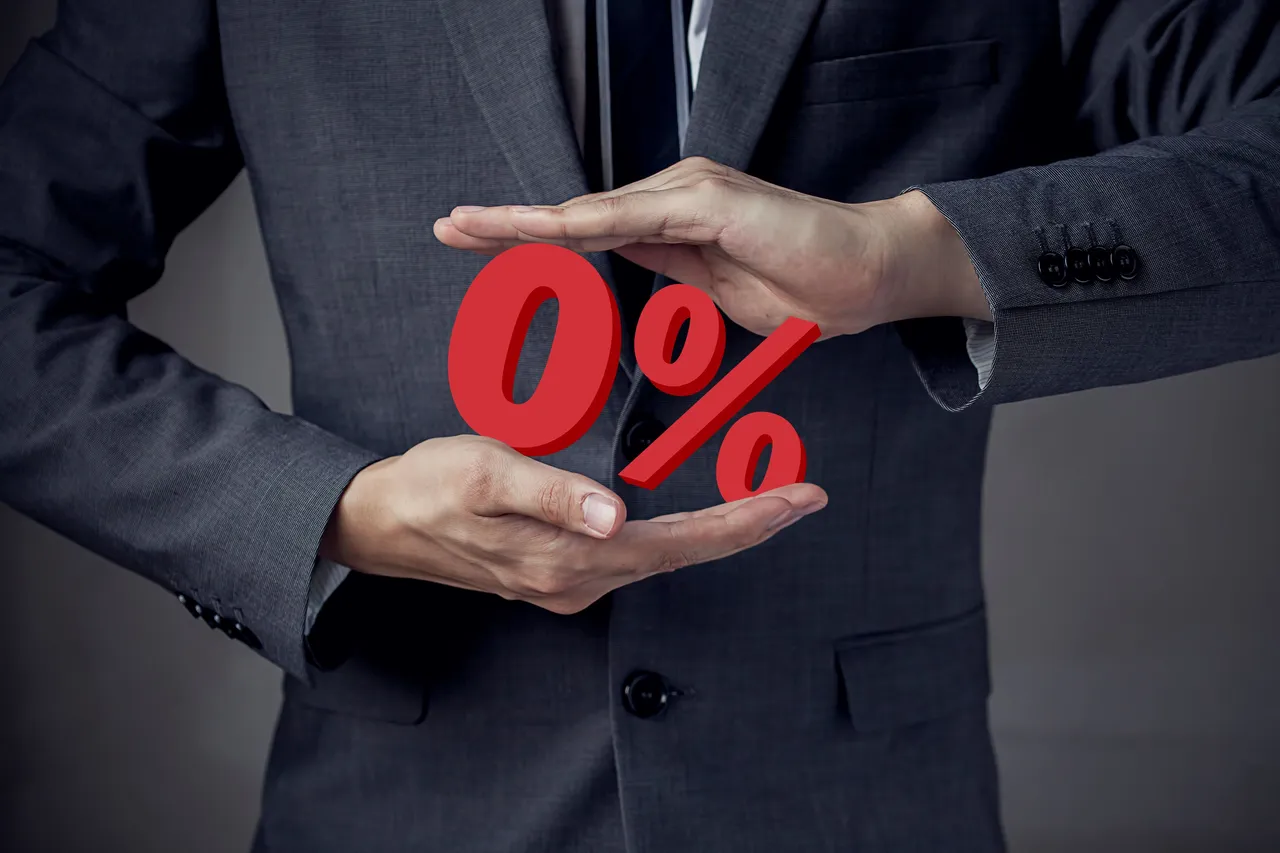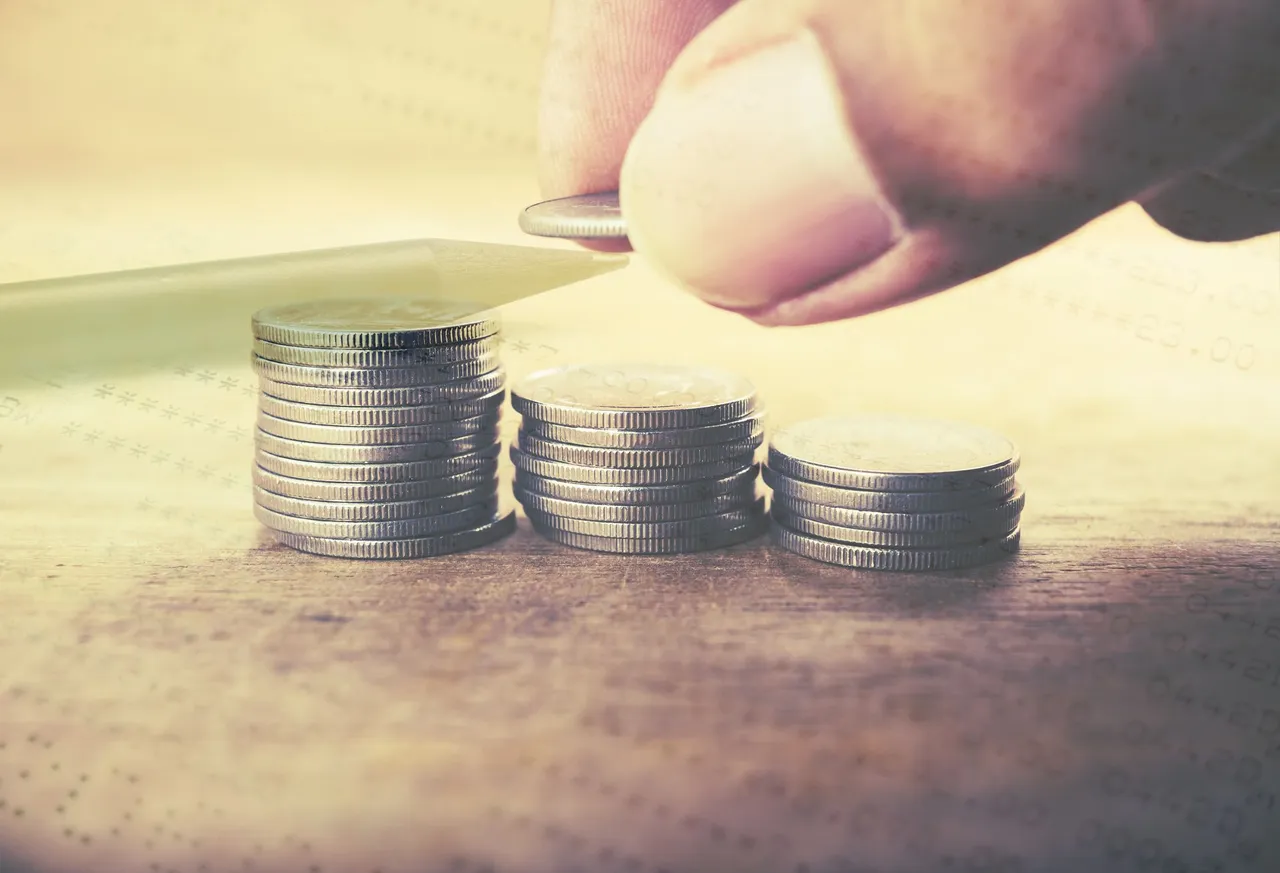
Small businesses are the "engines of the economy" yet they are often severely disadvantaged.
Introduction
Small businesses are often described as the "engines" of the economy.

They employ large numbers of people and they often come up with the kind of ideas that can change paradigms and create entirely new markets.
Despite this they face many hurdles and the regulatory landscape in most economies is set up in a way that makes life very difficult for them.
Most western countries seem to almost be designed to favour the incumbent large companies and corporations and I believe that this is actually bad for all of us.
We lose out on new products and services that may be life changing.
We also lose out on potential revenue that might be there if more small businesses succeeded.
Most Small Businesses Don't last Five Years
According to information from 2014 more than half of new businesses don't survive beyond five years in the UK.

This is due to multiple reasons but according to this Telegraph article some of the biggest factors for the failure (in the UK) are:
The UK tax system.
Lack of bank lending (a big problem for small businesses which are seen as high risk).
The high relative cost of running a new business (versus an established one).
One can sum up these problems as resulting in a lack of cash flow - something which is vital to the day to day running of a business.
I also suspect that these main issues are replicated in the US and many other western economies.
The combination of uncertainty from this latest UK election and the issues with Brexit mean we need to focus on stabilising our economy as much as possible.
I believe that one simple measure may help to energise the small business sector.
The Idea - Zero Business Tax for the First 10 Years
So the idea would be to have a zero percent rate of business tax on all new businesses for 10 years. It could also be combined with a zeroing of other taxes or refunds (e.g. for VAT).
After this period the tax rate would gradually be adjusted up to the regular rate over 5-10 years.
The exact way of doing this would need to be kept as simple as possible to avoid creating an extra administrative burden which small businesses are often least well placed to deal with.

Obviously this would reduce tax revenues in the short term, but I believe this could ultimately benefit the economy and eventually result in greater tax revenue in the longer term by:
Increasing the proportion of small businesses that succeed.
Increasing the success of new products, ideas and business models.
Creating more new jobs with greater security (hence greater income tax revenue).
Increasing spending, both directly between businesses and also via the people they employ.
Increased sales tax revenues (like VAT) as a result .
The Big Problem With This - Data
The biggest problem with anything like this is that it is hard to know the exact effects before you do it.

Governments want hard data and numbers before they try anything and this relates to one of the major issues of economics and behavioural economics in particular.
Even if we change a single economic element like this there are so many variables that interact in hard to predict ways that any form of modelling is likely to be subject to a significant degree of error.
It could be so far off as to be completely meaningless.
Indeed the only way of knowing for sure would be to actually try it. The thing is most governments don't like cutting taxes - it is a very scary thing for them.
One option would be to trial this - pilot this measure in selected areas for the purpose of data collection.
Whilst not perfect this would allow some information to make an informed decision.
Conclusion
I'm not an economist although it is something that is coming to fascinate me more and more.

These kind of issues are important examples of the interaction between monetary models (numbers) and human psychology.
It would be a very brave government that would even consider doing something like this - even in a pilot study.
For one thing it would not be popular with those with left wing leanings who do not seem to understand the importance of businesses for the success of any economy.
Personally I think that as growth slows down in most western countries we need to try more creative solutions to ensure that we don't get left behind compared to emerging economies.
I will apologise in advance if there is some obvious reason why this isn't viable or why it is an idiotic idea. Like I said I am not an economist - I am just someone who is interested in this matter.
I think it is good topic to have a discussion about though.
Let me know what you think in the comments.
Thank you for reading

